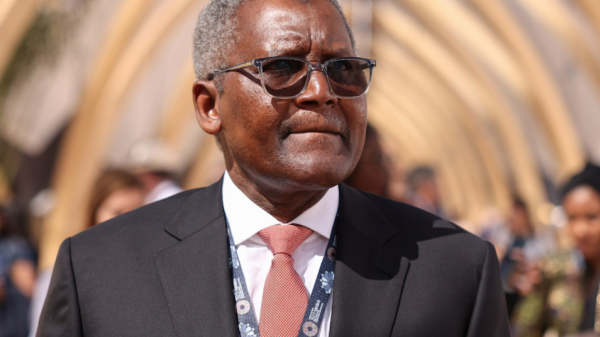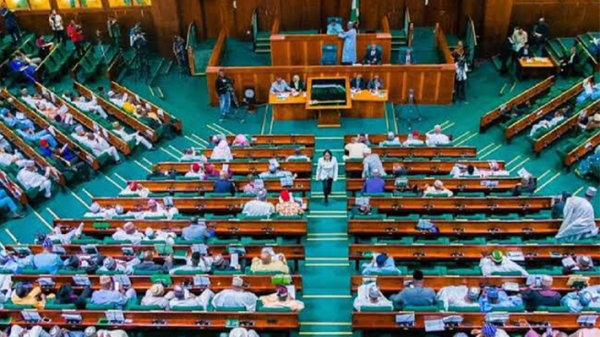The Central Bank of Nigeria (CBN) has accused Binance, a cryptocurrency exchange, of operating in the country without a legal license. This allegation was made during a recent court hearing in Abuja, where a senior CBN official, Akinwumi, testified against Binance. Akinwumi stated that Binance provides a platform for traders to trade between the naira and cryptocurrency, as well as paying between one cryptocurrency and another, and facilitates conversion from one fiat currency to another, all of which require authorization by the CBN.
Binance executive Tigran Gambaryan faces separate money laundering charges. He was apprehended by Nigerian authorities in February 2024 but was released due to his deteriorating health conditions. His wife, Yuki Gambaryan, has accused the Nigerian government of withholding medical results and failing to provide adequate care despite a court order.
Justice Emeka Nwite has rebuked the prosecution and prison officials for the delay in producing Gambaryan’s medical reports and has ordered them to do so by the next court date, scheduled for July 16. The case has drawn attention from US politicians, who have lobbied President Biden for Gambaryan’s release.
The incident highlights the regulatory challenges faced by cryptocurrency exchanges in Nigeria and the need for clearer guidelines on their operation in the country. The CBN’s allegation against Binance is a significant development in the ongoing debate about the regulation of cryptocurrency exchanges in Nigeria.
The court hearing has brought to light the alleged unlicensed operation of Binance in Nigeria and the money laundering charges against its executive. The case is ongoing, and the next court date is scheduled for July 16. The outcome of this case will have significant implications for the cryptocurrency industry in Nigeria and could set a precedent for the regulation of cryptocurrency exchanges in the country.

















































































































